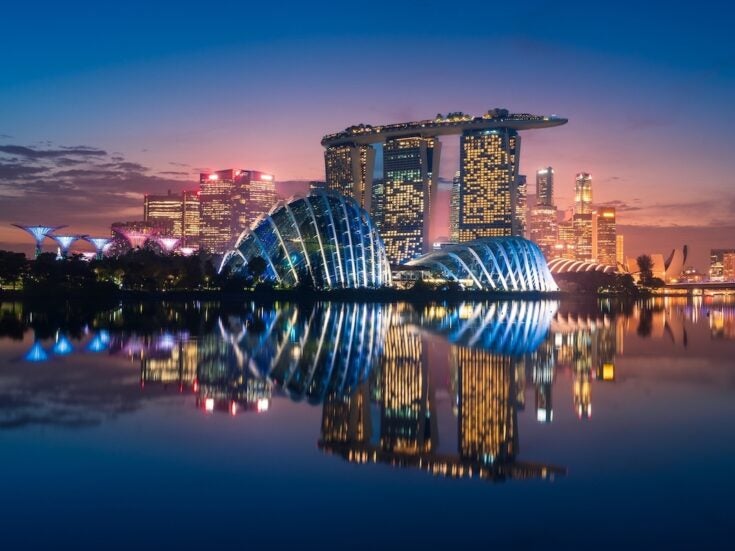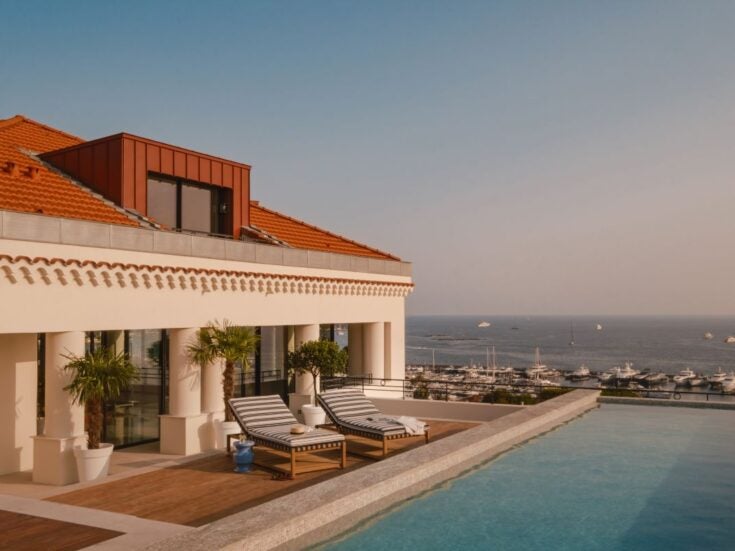The magazine thinks…
AN EMBARRASSMENT OF RICHES
Spear’s readers, being an international sort — business travellers, homes abroad, sometimes families abroad, multiple passports cluttering up the desk drawer — are probably no strangers to the inside of an embassy. They’re also well-acquainted with prime London property. But how often do you put the two things together?
That’s exactly what we’ve done in this issue: we have asked buying agents Lichfields to value every embassy in London, from Afghanistan to Zimbabwe, Grosvenor Square to Gunnersbury. We’ve totted up the astonishing total and drawn out some of the most interesting facts from the data: whose is most expensive, least expensive — and most unaffordable. We’ve worked out how much tax is being lost by diplomatic exemption and even how many embassies there are in the SW1X postal district. (Have a guess.)
There is more than curtain-peeping curiosity here, though. For a start, there is a market motive: several nations have sold their properties recently, most notably the United States, which is heading from Mayfair to a moated fortress in Nine Elms (it’s near Battersea), where it will likely be joined by the Netherlands, leaving Hyde Park Gate. Canada sold Macdonald House on Grosvenor Square for over ’300 million last year. Each of these is a unique investment opportunity. Indeed, if you see an embassy you like, you might even be able to make them an offer, so cash-strapped are most countries.
Then there is the fundamental question of whether we even need embassies any more. Yes, it must be divine to be served national canap’s on a silver plate after a recital of local music in a pile on Belgrave Square, but the 21st century seems to be less about hulking great presences in capital cities and more about nimble, flexible functions where they’re needed.
The economic importance of London is rather outsized, but since the government is making noises about rebalancing, why doesn’t it encourage Brazil, India, China and the rest to set up business-focused legations in Birmingham, Manchester and Liverpool? That would do wonders for exports and international relations.
Embassies are sluggish, stuck, when they need to be fleet and free. Have they considered virtual embassies, to be truly where they’re wanted and can do most good?
There are certain people it makes sense for countries to retain in a central building: those who issue passports and visas, the ambassador’s counsellors, their spies.
But overwhelming embassies cannot only exist as projections of power; they — or rather the people within them — must think how they can best serve their citizens, and their host countries’ citizens, for tomorrow. And if one does come up for sale, just think how many Ferrero Rochers you’ll be able to buy once you’ve flipped it.
TRUST ISSUES
There is nothing the wealth management industry likes more than a new clich’. We’ve lived through solutions and products which are both holistic and bespoke provided by multi-family offices and boutique firms. But there’s now a new one to tick off your buzzword-bingo card: trusted adviser. But who are they and why is everyone now talking about them?
As Giulia Cambieri finds, trusted advisers are professionals who have been working with certain clients long enough to give strategic advice beyond their area of expertise: they are tax lawyers who help you work out your business objectives or private bankers who have an insight into a knotty family dynamic. They are counsellors for important decisions, modern consiglieri and confidants.
The industry, trying to repair the trust deficit of 2008, whether in deed or in form, has responded by launching services that promise to put clients in touch with individuals who — they claim — can act as their trusted adviser. But the relationship between a private client and their trusted adviser is a special one that needs time to develop, so not everyone who markets themselves as a trusted adviser really is one. This is the moment — now the idea has been packaged and commodified — when it becomes a clich’.
But beyond the clich’ are trusted advisers — and you have them already. You have that relationship which shades from professional into familiar. We will be recognising the Trusted Adviser of the Year at the Spear’s Wealth Management Awards at the end of October to cut through the fluff and point out our industry’s best examples. But in the meantime, it’s just one more phrase to beware.
HAIL, HAIL, FREDONIA!
Hiding assets from the taxman offshore in secret accounts is frankly lazy. So 2006. No, if you’ve got the time, the money and the gumption you should be putting those assets to good use: establishing your own state — complete with your own laws and taxes (or lack of them) — to preserve your assets from rapacious global authorities.</p>
It’s not so far-fetched. In this issue Willard Foxton investigates seasteading, where HNWs are setting up communities in the middle of the brine, beyond normal jurisdiction. While ugly inhospitable former oil rigs used to be dressed up as states, technology now means you can have a biodiverse, attractive, custom-made platform on which to admire your new Eden (possibly while sitting on a solid-gold throne).
Here’s how you might do it. Stage One: Pick a small banana republic, trapped in the limbo of World Bank debt and investor hesitancy. (Not difficult to find one but remember variables such as hurricane routes and lawlessness — no point buying a government no one listens to anyway.) Stage Two: Club together with friends to pay off its national debt in exchange for the role of sovereign and lawmaker for life. Stage Three: Bin taxes and relocate all your assets to your new fiefdom. Sure, there’ll be naysayers but remember, you’re making the law here and profit is its own mandate (maybe that could be your motto).
Inevitably there will be some downsides. Now you’re a small fish in the arbitrary shark-pool of international relations you might find bigger states coming after you, either by freezing your relationships with global banks or mounting a full-scale ‘intervention’. No worries, simply designate a portion of your GDP to spend on lawyers and a militia.
Then you’ll need doctors, and probably some infrastructure for them. What about teachers and schools? And emergency services? Hmm. Those onshore taxes aren’t looking so bad now.






